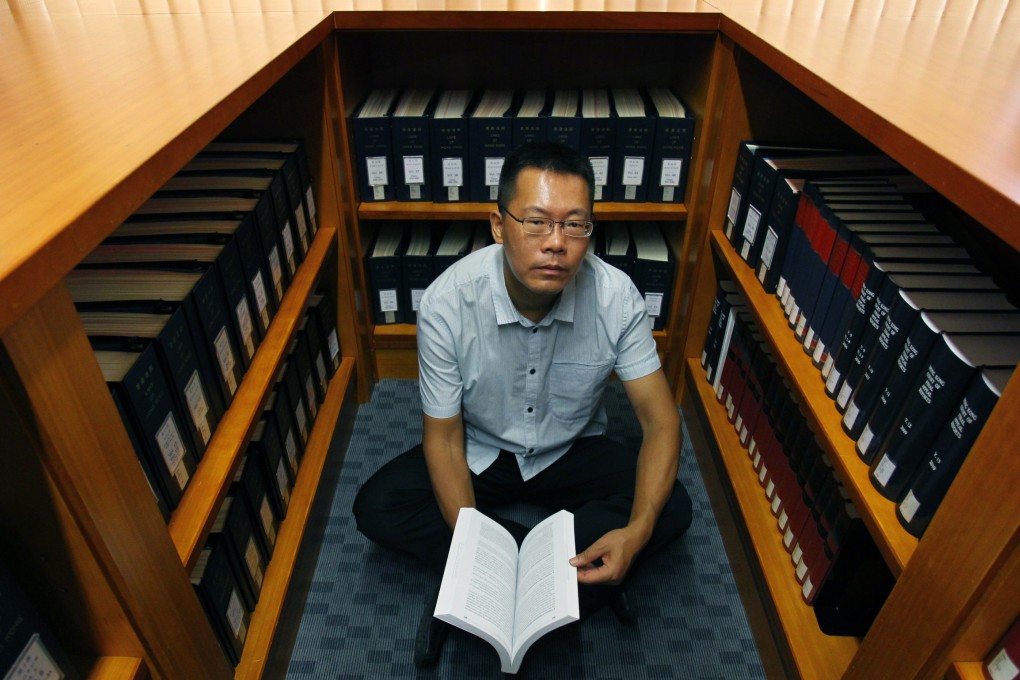New | Q&A: Chinese activist scholar Teng Biao on how Occupy Central affects mainland activism

In June, mainland Chinese scholar Teng Biao addressed a crowd of more than 100,000 in a speech at Hong Kong’s Victoria Park to mark the 25th anniversary of the crackdown on the Tiananmen movement in 1989. Four months later, Teng, one of the most prominent advocates in the mainland’s civil rights movement, says he is surprised by the scale of Hong Kong’s current pro-democracy civil disobedience movement.
Speaking by phone from Harvard University, where he is now a visiting research fellow, Teng shares his impressions on Hong Kong’s protests and how they relate to political reform advocacy in the mainland in a conversation
How do you feel about Occupy Central in Hong Kong?
Occupy Central has grown and has turned into Occupy Hong Kong. We never imagined it would reach this scale and become the Umbrella Revolution it now is.
It seems that the demonstrators are in a difficult position; they cannot give in. Emotions have been rising. Many more joined when they saw police use tear gas. The government can also not give in. It is very clear that it is naïve to expect they would allow genuine universal suffrage in Hong Kong. There is a also concern [in the government] that the democracy issue could spread to other parts of China.
What do you expect the outcome of the protests in Hong Kong will be?
It is very difficult to say, both sides don’t compromise. The likelihood of violence continues to exist and could even increase as protests continue. Of course, one important demand by the protesters is for Leung Chun-ying to step down as chief executive.
